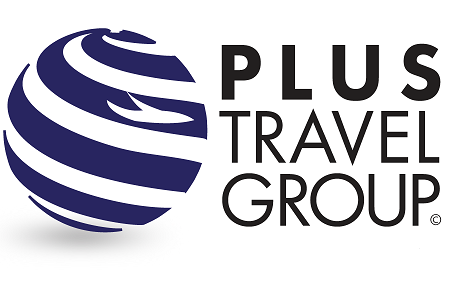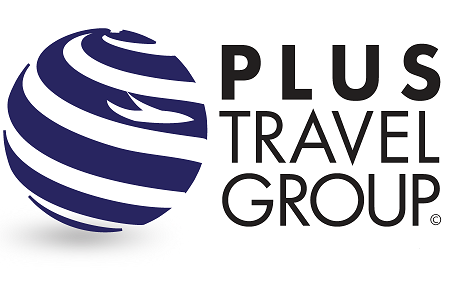Issuing an RFP isn’t always necessary when choosing a TMC…
Some view RFPs as an outdated method.
Companies who thrive on innovation are looking for a better process, one that focuses on building rewarding client-vendor relationships. When looking to hire a vendor who offers a service, a cookie-cutter approach may not yield the best results. An RFP may only show you how good a vendor is at writing an RFP response, but won’t necessarily yield the best vendor. In the quest toward trying to keep the process fair/equitable, they keep potentially good vendors at arm’s length, and prevent dialog. Limiting communication makes the process inadequate for selecting the best fit for your company. Regardless if the service being provided is high or low touch, communication is crucial. When the selection process restricts communication, it makes it difficult for the client and the vendor to qualify each other.
Does the vendor fully understand our objectives?
Will everyone get along?
What have the responses/turnaround times been to my questions? This could be an indication of the type of service you will receive.
Without dialog, you’ll have no idea.
Aside from price, all that’s left are words. Some companies will have better writers than others that understand how to better align with the client’s mission and provide a more organized answer.
There is risk in picking partners this way. Writing a great proposal does not make for a great service provider.
Some key considerations:
- It’s a good idea to have one person manage the procurement process from beginning to end. This will help ensure that all of the moving pieces fit together and that the process stays on track.
- If you choose to issue an RFP, be sure to keep it short and succinct. Bogging down TMCs with hundreds of questions is time-consuming for all parties involved, so stick to questions that will actually help you in making your decision. If you’re unfamiliar with the sort of questions you should be asking, there are a variety of template RFPs available online that you can customize to meet your organization’s needs.
- To guarantee that every TMC is a genuine contender, it is a best practice to communicate your mandatory requirements. In doing so, you’ll save yourself and respondents time and money by only evaluating TMCs that actually have a shot at winning your business.
- Be sure to welcome contenders from all areas of the industry! By only looking at big names and previously used suppliers, you eliminate the potential for new innovations and fresh ideas.
- Don’t hesitate to give vendors as much information as possible! The more information you give them regarding your organization, objectives, travel and transactional breakdown, the more accurate and innovative they can be.
And there you have it! If you follow these general guidelines, you’ll be that much closer to partnering with the right TMC for your organization!


